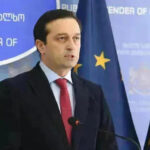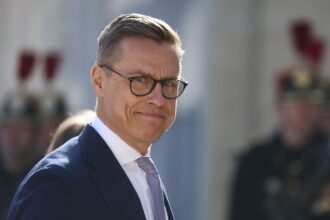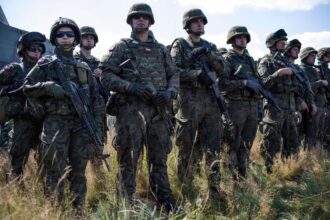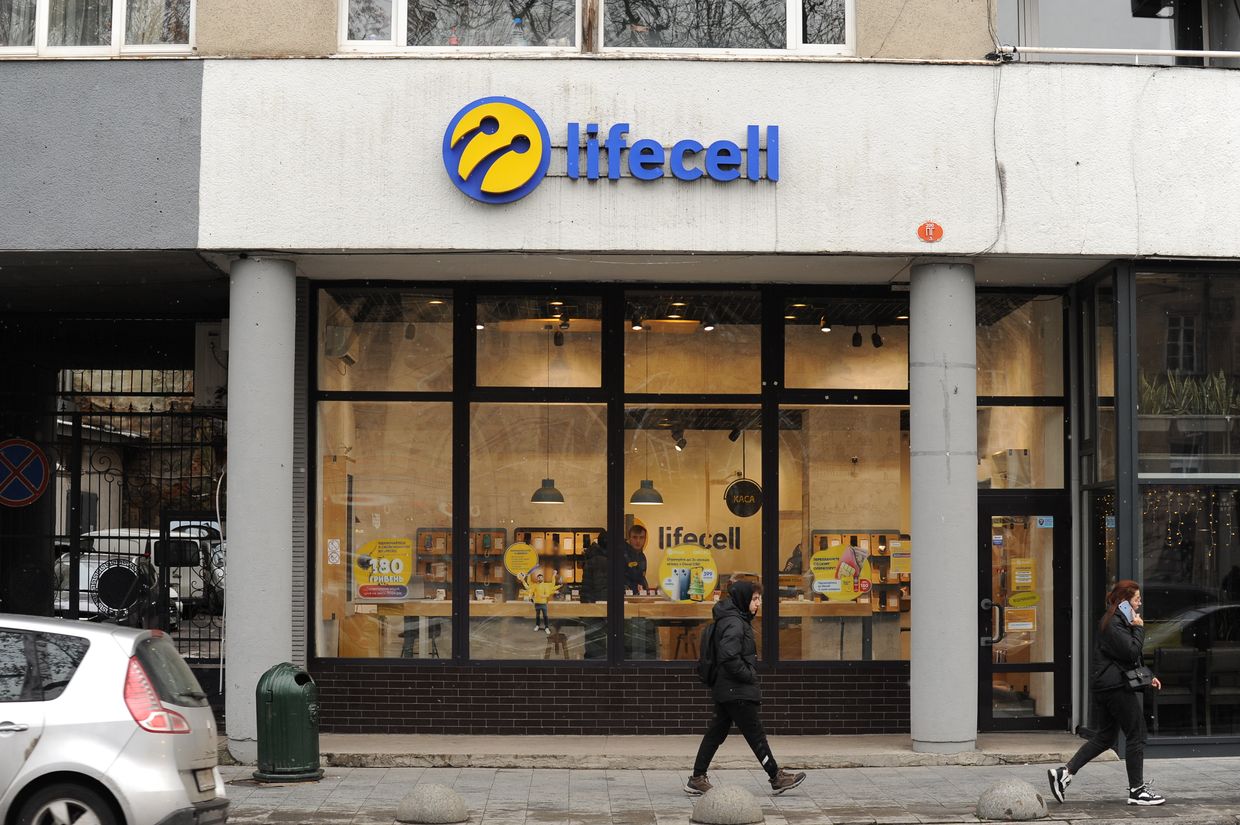The European Bank for Reconstruction and Development and International Finance Corporation announced on October 10 that they would provide $435,000,000 to finance a recently combined Ukrainian telecoms company.
The funding is part a deal led by French billionaire Xavier Niel, which represents the largest direct foreign investment in Ukraine since it began the full-scale invasion.
Niel’s investment holding NJJ Capital announced in September, in partnership Horizon Capital, Ukraine’s largest private-equity firm, that it would merge Ukraine’s third largest mobile operator Lifecell and service provider Datagroup Volia.
The new company — Datagroup-Volia-Lifecell — will be headed by Mykhailo Shelemba, former CEO of Datagroup-Volia and shareholder of the new entity.
Holger Muent told the Kyiv independent in an interview that the merger would create the country’s second-largest fixed and mobile convergent operator. Kyivstar, the largest operator in Ukraine, is owned by EBRD.
“Bringing together two leading operators from different sectors is a game changer in the industry,” Muent said. He added that the deal is significant even in peacetime but is even more important during war.
The Kyiv independent sat with Muent and discussed what the deal meant for Ukraine, its telecoms sector, and plans for future investment.
This interview has been edited to make it clearer.
The Kyiv Independent : What does this deal bring to Ukraine’s telecoms market, besides much-needed direct foreign investment?
Holger Muent says that the telecoms sector is very important for the country both in the general context and the current context of war. The telecoms sector is crucial to the functioning of the banking sector, government services which have moved online, and online learning, all driven by war circumstances.
Merging them and creating a fixed-mobile conversion operator will create additional redundancy in the network. It will also increase reliability and improve services. This is good for any market but especially in Ukraine given the current conditions. You can, for example, connect the mobile base station to the fiber network and have redundancy of speed there. The merger creates more competition, which, in my opinion, is a good thing.
“Merging two operators and creating a fixed-mobile conversion operator creates more redundancy in the network, faster speed, greater reliability, and better service.”
You have an experienced, knowledgeable and wealthy investor entering the sector. If you think about bringing in management and technical practices that have been tested elsewhere, it is a game changer.
The Kyiv Independent : How does this deal fit in the larger picture of an European telecoms market that is struggling and where companies are struggling to find growth due to debt?
Holger Muent : NJJ Capital is more interested in the higher growth potential and greater risk. So, from that perspective, it makes perfect sense. The main reason for the current situation in Europe is the fact that the telecoms companies don‘t reap the benefits of increased speed and connectivity. Instead, the content providers and technology companies do. When you look at how much value is created by the system as a whole, the people who make the connections don’t capture a large portion of it. This puts pressure on the industry. Much of it is due to regulation.
Ukraine is in a completely different stage. First, there is a low coverage in rural areas. This means that a lot of basic connectivity needs to be set up and this will obviously expand the market. You’re still not at the point where 5G and 100% fibre are the focus and where the majority of the value goes to tech companies.
The Kyiv Independent : What plans are there to expand coverage and accessibility as part of this investment?
Holger Muent says that the merger itself provides an opportunity for convergence. However, there is a need for additional investment in order to increase speeds, reach regions not covered before, and expand coverage. I expect fixed-line speeds to increase by four or five times in the next few years. The availability of services for consumers, businesses and government agencies will increase. More people will be able to access these services and they will be delivered faster. This will also change the type of service or content that can be delivered. The convergence will happen quite soon, and it will require some physical investment. Not necessarily digging holes across the country to install cable, but a targeted capital expenditure.
The Kyiv independent: The risks of a war are immense. How concerning is it that the worst might happen, that Ukraine may lose the war or that this winter could be the worst ever since the full-scale invasion began?
Holger Muent: There is a catastrophic risk, but we at the EBRD are confident that this will not happen, because we wouldn’t be investing $1.5 billion in Ukraine every year. The power situation is a serious concern, and we are focusing our operations on it. We invest a lot of resources every year to improve the resilience and reconstruction in the energy sector.
This deal actually creates efficiency by creating redundant systems. It takes less energy to transmit data via fiber than radio signal. You can also increase network efficiency by using a larger variety of paths to route data. The energy consumption is reduced by choosing the best route for data. It’s not a guarantee against catastrophic risks, but it helps to reduce power outages, and in general, the load on energy sector.
The Kyiv independent: Has this process already begun?
Holger Muent : That’s the big thing. DataGroup-Volia already has a lot cable in the ground, so it can be tapped for the mobile network. Previously, the two networks were operated separately, but they are now combined and run jointly. This won’t happen overnight, but the plan is to make it happen in the near future. The fiber network will be expanded, and the mobile network will also be expanded, but both in tandem.
Liliane is a business editor for the Kyiv Independent. She worked previously at the Kyiv Post, first as a business reporter and then as a business editor. Liliane has a master’s in Russian, Eastern European and Eurasian Affairs with a focus in Ukrainian studies from Columbia University. She served as a Peace Corps volunteer in Ukraine from 2017-2020, and then interned at the Atlantic Council’s Eurasia Center.
Read More @ kyivindependent.com













